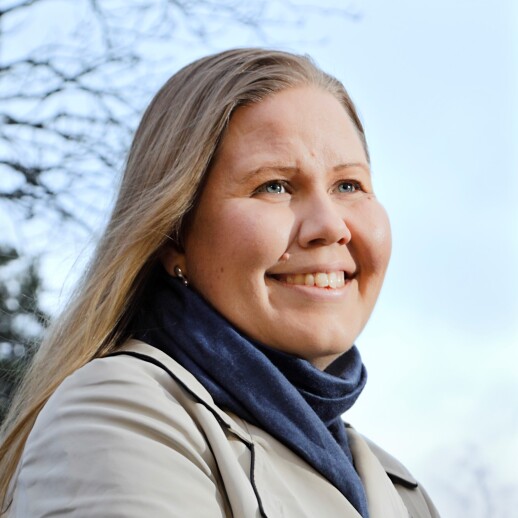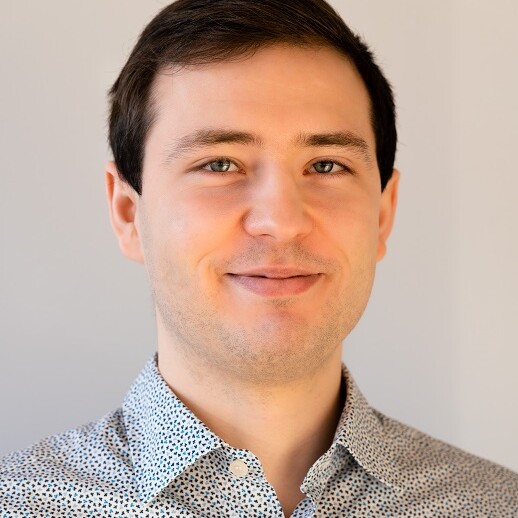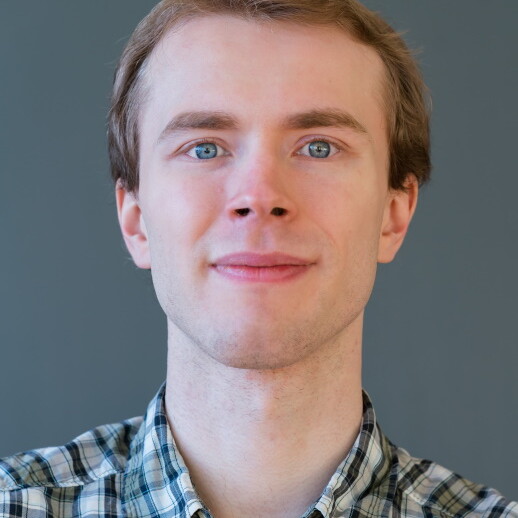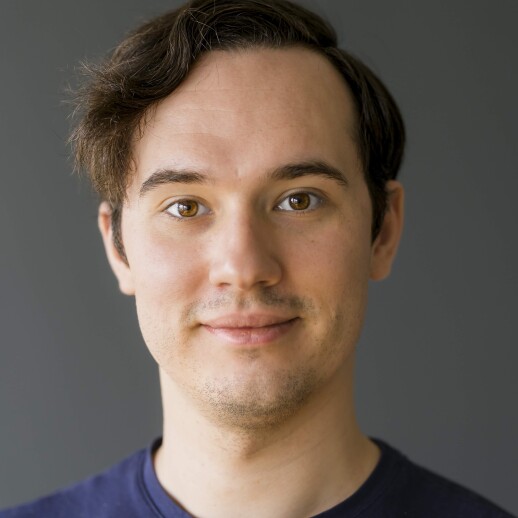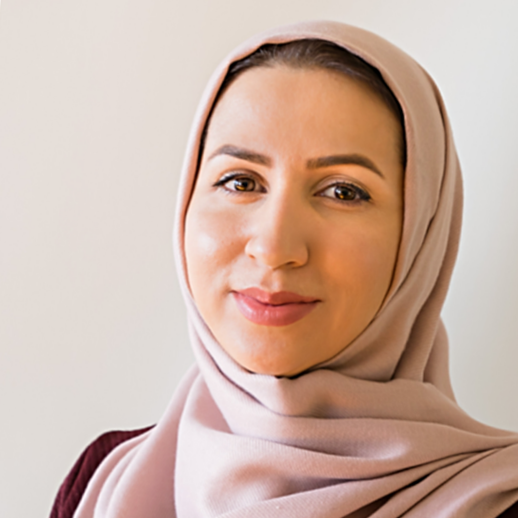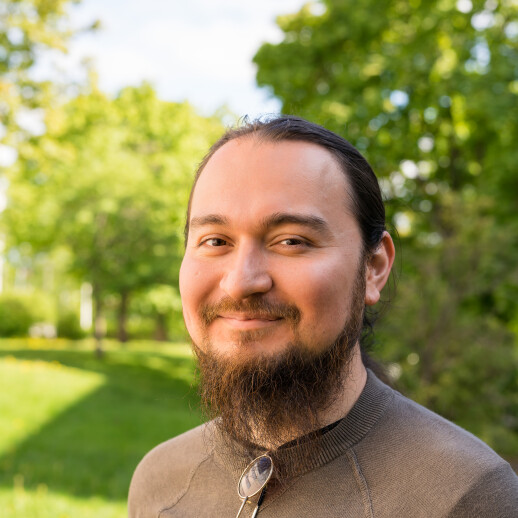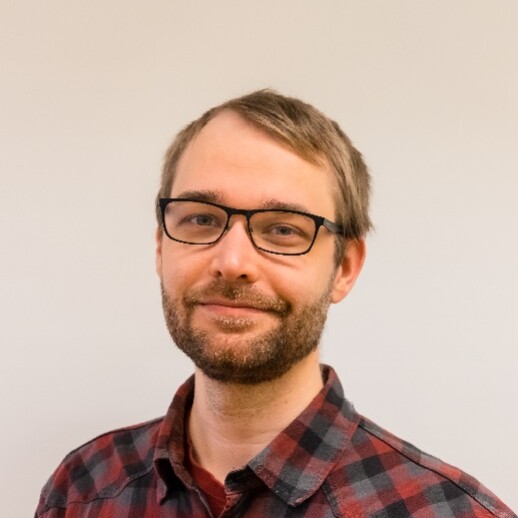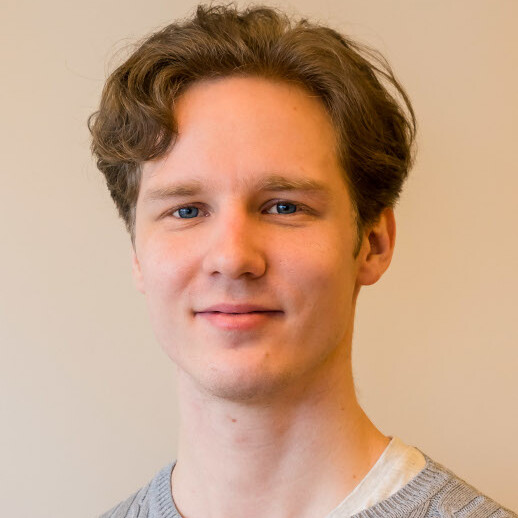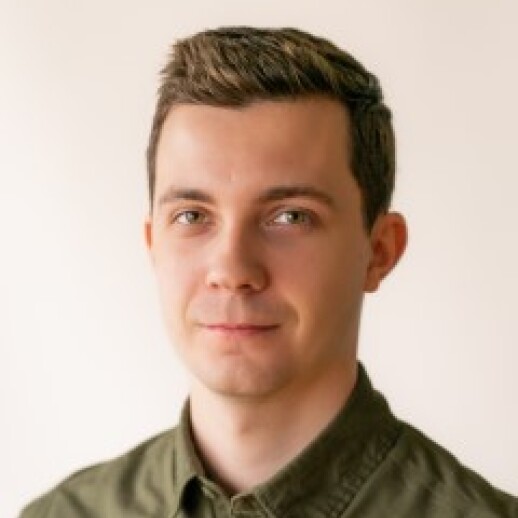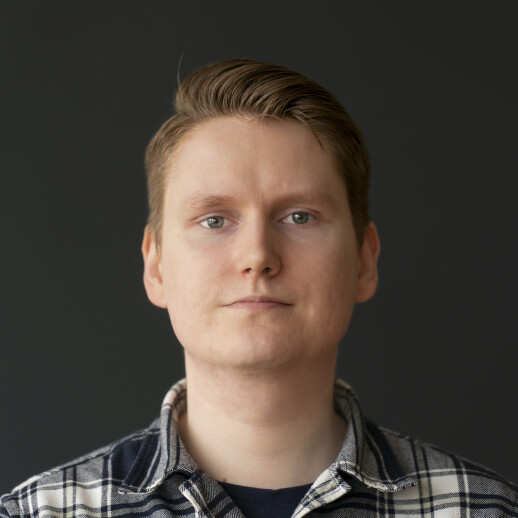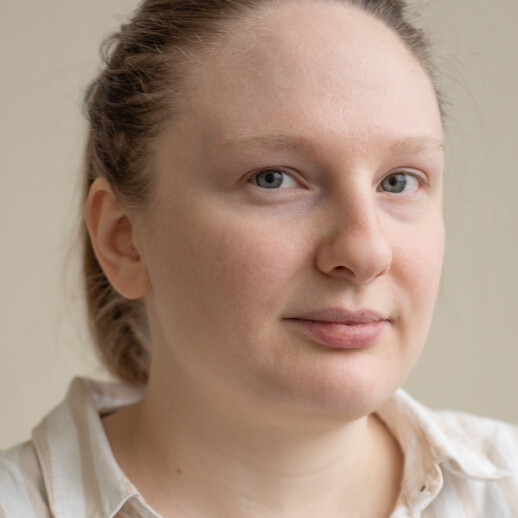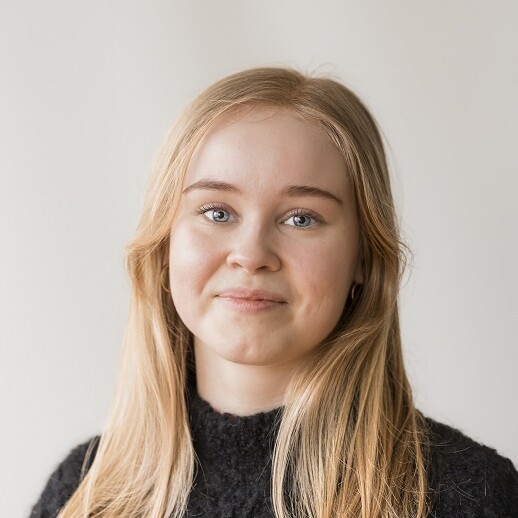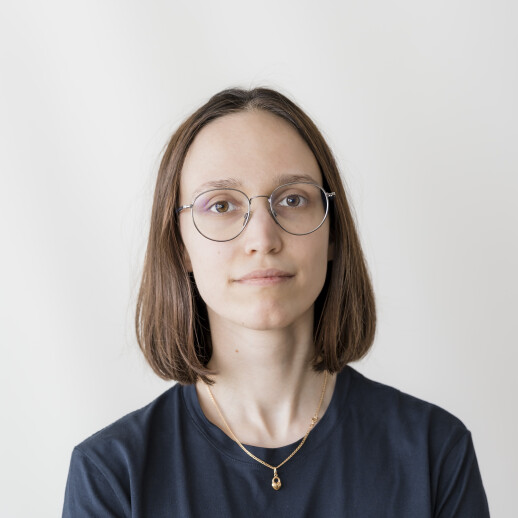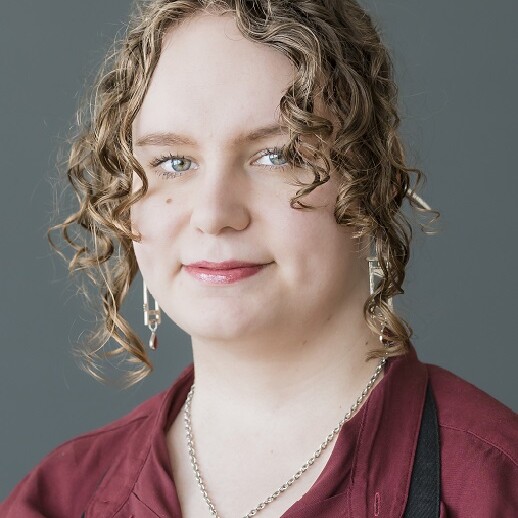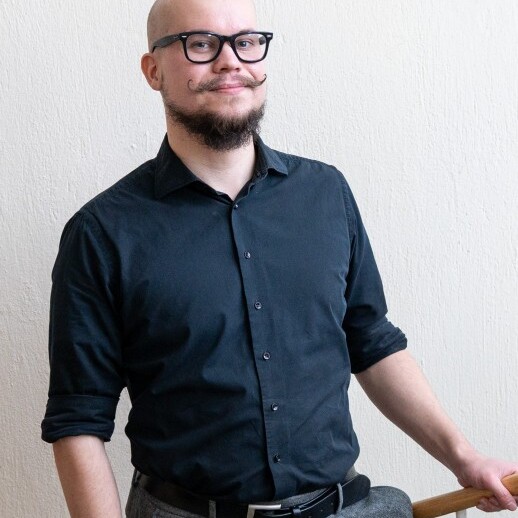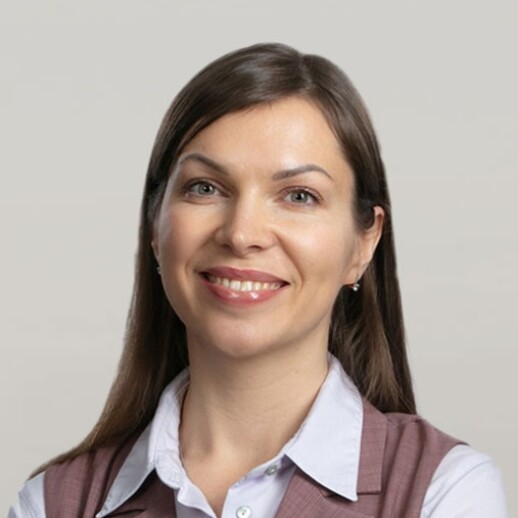Solar Energy Materials and Systems
The research group of Prof. Kati Miettunen studies solar energy materials and systems. The focus of the research is improving stability of emerging solar technologies as well as designing sustainable materials, e.g. bio-based alternatives. There is also a new opening in developing solar energy systems namely for Nordic conditions.
Current Projects
The main goal of BIOSOL is to develop novel high performance conductive cellulose films for optoelectronics and thus open new lines of products for forestry industry. Cellulose allows detaching from fossil resources and utilizing renewable material streams that does not interfere global food production. Cellulose films can deliver very high transparency and can withstand high temperatures as well as enable functionalization. We ambitiously demonstrate printing of perovskite solar cells on these novel flexible substrates as well as pilot production of the novel conductive cellulose substrates. BIOSOL bridges highly ambitious scientific goals and creation of significant societal impact - this work requires multidisciplinary team with different types of institutes with complementary skillsets.
Partner: Riikka Suhonen (VTT Technical Research Centre of Finland Ltd)
Funded by the Research Council of Finland (2026–2029)
Bio-based substrates have the potential to give additional functions, and increase the sustainability and recyclability of advanced optoelectronics. Furthermore, the Finnish paper and pulp industry are actively seeking the development of high-value products, and the integration of wood-derivate materials in electronics is a very interesting new field. A key challenge with limited success is the deposition of good quality functional layers. The aim of the project aims to identify most promising functional layer options for bio-based substrates, act as a seed to build a larger research consortium, and support the career advancement of young researchers.
Funded by Ulla Tuominen foundation (2025–2027).
CIMANET is an interdisciplinary doctoral education network to promote sustainable growth. It strengthens the knowledge base required to enhance the bio-based industry with novel solutions unveiling the full potential of biomass.
Partners: Aalto University, University of Helsinki, Åbo Akademi University, Lappeenranta University of Technology, University of Oulu, Tampere University, Hanken School of Economics, University of Jyväskylä, and University of Turku.
Funded by the Ministry of Education and Culture (2024-2027).
KESPV focuses on extending the lifespan of new high-efficiency solar cell technologies and adapting them to the principles of the circular economy. Perovskite solar cells produce high efficiency ratios as a separate cell type, but they can also be combined with traditional silicon solar cells to form Tandem solar cells, which can further increase power output.
The key problem with perovskite cells is their lifespan, which should be increased 1) in order for the technology to be competitive in the commercial market and 2) for the principles of sustainable development to be implemented as well as possible (in the circular economy, the so-called long loop).
Northern conditions bring their own challenges to solar cells, such as large temperature fluctuations and the sun is low on the horizon affecting the spectrum of light, and the KESPV project covers these aspects supporting the implementation of the energy transition in Finland. KESPV focuses specifically on developing modelling research to solve these lifespan and sustainability issues in order to understand the changes taking place in cells and guide experimental research as efficiently as possible.
The KESPV project was ideated together with Prof. Kati Miettunen and M.Sc. (tech) Aleksi Kamppinen. In addition, Julianna Virjonen will be working in the KESPV project.
Funded by Lieto Savings Bank Foundation (2024)
Solar panels and batteries in individual households have become more common due to lower prices and the green transition, and this development has made HEMS operational strategies an important research topic. The HEMS strategy refers to the coordination of a household's energy production, consumption and storage, taking into account the limitations of the energy system and the household (e.g. home heating).
Various HEMS strategies have been studied extensively globally, but the conditions in Finland create special challenges due to, for example, large variations in solar energy production and high heating demand. Those Nordic challenges are the focus of this new project.
The HEMS project is a collaboration with Prof. Pekka Peljo (Battery Materials & Technologies research group)
Funded by City of Salo and University of Turku (2024–2026).
The RealSolar project investigates how to manage the increase of photovoltaics (PV) in our energy system while ensuring resilient and affordable energy supply, and that all levels of society have access to the benefits from PV and can thereby contribute to the just green transition.
Partners: Tommi Ekholm & Anders Lindfors (FMI); Sanna Syri (Aalto University); Saku Mäkinen (University of Turku); Samuli Ranta & Ritva Salminiitty (Turku University of Applied Sciences).
Funded by the Research Council of Finland (2023–2029).
The SUSMAT university profiling measure enhances the design of sustainable materials and manufacturing with data-driven approach to solve global energy, health, and well-being, and industrial production challenges.
SUSMAT is a collaboration between the Department of Mechanical and Materials Engineering, Department of Physics and Astronomy, Department of Chemistry, Department of Life Sciences, and Department of Dentistry in University of Turku.
Prof. Miettunen is the head of SUSMAT initiative and her group has a SUSMAT funded post doc. The SUSMAT project is coordinated by Helen Salminen.
PROFI7/SUSMAT is funded by the Research Council of Finland (2023–2028).
Past Projects
The ECOSOL project investigates the retrieval of critical materials from photovoltaic systems. The researchers aim to understand how materials selection affects the recycling of solar cells and develop solar-panel structures that allow commercially viable reuse or recycling. The overall goal of the multidisciplinary consortium is to design sustainable solar-energy technology.
Partners: Prof. Pekka Heikkinen and Prof. Annukka Santasalo-Aarnio (Aalto University).
Funded by Academy of Finland (2022–2025).
Today’s e-textiles require electric circuits and batteries that are brittle, bulky, often prevent maintenance of the textile and hinder customer acceptance. These rigid conductive elements can be made redundant due to the possibilities enabled by the design of novel yarns. In our vision, different photoresponsive molecules and nanoparticles embedded in these new yarns can directly convert photons into heat, actuation, or triggering a colour change as well as act as catalysers for photocleanable fabrics. Hence, the aim of this project is to develop smart textiles that bypass the need for electric circuits and directly transform solar – or other ambient - illumination into useful action. Moreover, we aim to enhance Nordic integrity in exchanging the best practices of teaching design thinking, as well as facilitating interdisciplinary collaboration between scientists, engineers, designers and artists.
Partners: Prof. Jaana Vapaavuori (Aalto University, Finland), Dr. Anne Louise Bang (VIA University College, Denmark), Prof. Delia Dumitrescu (University of Borås, Sweden), Prof. Thomas Pausz (Iceland University of The Arts).
Funded by NordForsk multidisciplinary funding call (2021–2025).
BioEST project focuses on utilizing bio-based material for emerging solar technologies to replace conventional rare materials and simultaneously increase the device lifetime. In this project, we also combine experimental studies with modelling to understand the degradation mechanisms of emerging solar cells and to predict the device lifetime to accelerate the aging studies.
Funded by Academy of Finland (2018–2024).
This project is funded by the post docs in companies foundation (2021-2023) and University of Turku is the academic host/support for this project.
The idea in this project is to investigate bifacial solar panel systems in Nordic conditions where they can match better the energy production in private households with own solar energy production. One major challenge is integration of vertically mounted bifacial solar cell in build environment, which is why this is a joint project between solar energy engineers and architects.
This is a joint project with Prof. Pekka Heikkinen (Aalto University, Finland).
Funded by the Finnish Cultural Foundation (2020-2023).
The purpose of the Casual Bee research infrastructure is to serve as a platform for collaboration between local industries as well as to strengthen research excellence in the field of materials characterization and aging. The strong research focus on materials science at University of Turku, coupled with the recent expansion of the materials engineering education creates a possibility to build up larger infrastructure to support both the scientific and the business community.
The departments from University of Turku participating in this project are Mechanical and Materials Engineering, Physics and Astronomy, and Chemistry.
Funded by Academy of Finland (2020-2021).
SUBSTAINABLE project is related to bilateral Finnish-Swedish Tandem Forest Values programme (2020-2022). The other partners in the project are Prof. Jaana Vapaavuori (Aalto University, Finland) and Dr. Tiffany Abitbol (RISE, Sweden).
